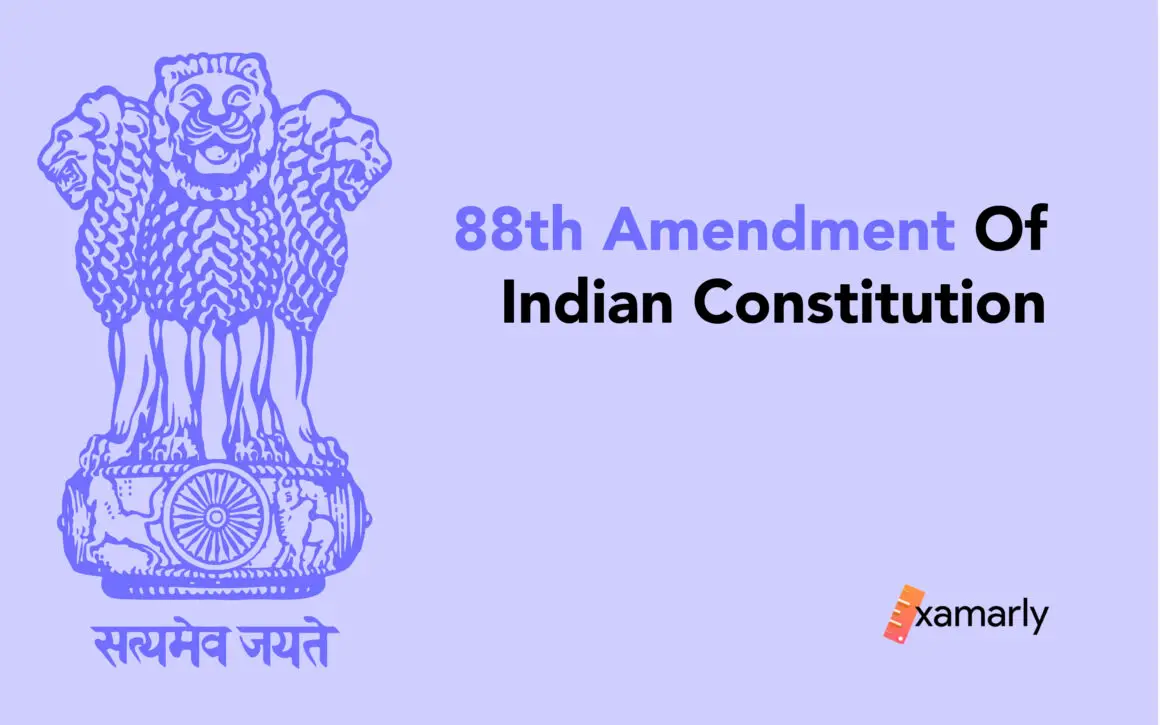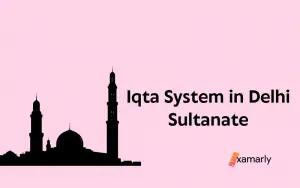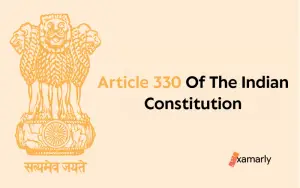This article gives an overview of the 88th Amendment of Indian Constitution. It discusses salient features and facts, Statements of Objects and Reasons, and Prominent People Involved. It also includes a brief discussion of how the amendment came about. The article also calls for more economic participation in cooperatives, the setting up of a National Judicial Commission, and the repeal of the collegium system for appointing judges.
Overview
The 88th Amendment of Indian Constitution came into force on January 15, 2004. The amendment makes certain changes in the Constitution. This Act is referred to as the Constitution (Eighty-eighth Amendment) Act, 2003. After article 268, a new article 268 A was added under which the Union opted to impose a service tax, and the Union and States agreed to collect and use the funds.
The 88th Amendment of Indian Constitution aims to bring about positive changes in India. It aims to strengthen the institutions of the government, especially the judiciary. It aims to reduce corruption and promote cooperative economic activities. It also gives greater power to the Parliament to enact laws dealing with anti-national activities.
Date Enacted
In the Fifty-fourth Year of the Republic of India, on 15 January 2004, the 88th amendment was enacted by the Parliament.
Salient Features And Facts
The 88th Amendment to the Indian Constitution has made a significant change in the way our nation runs the government.
- The Amendment amended article 268 and inserted Article 268-A. This amendment gives Parliament the authority to make laws on taxes on certain services. These taxes are currently imposed by the Union but will be transferred to the States once the amendment is passed.
- The Indian government decided to enact service taxes, and it was decided that the States and the Indian government would collect and use the money in the sub sectional sequence.
- any profit earned by the imposed service taxes was decided to be collected and allocated by the Indian government and states
- A new tax known as Goods and Services Tax(GST) will be introduced in place of excise duty and service tax.
Statement Of Objects And Reasons
The 88th Amendment of the Indian Constitution has several provisions that make it more inclusive.
- Neither the State List nor Union List of the Seventh Schedule of the Constitution currently has any entries that directly refer to the item dealing with “taxes on services.” Regarding entry 97 of the Union List, Parliament has the sole authority over anything else that isn’t covered by List I or List III, including any taxes that aren’t included by either of those lists. The Central Government periodically imposes a 5% ad valorem tax on specific services to exercise this authority.
- The States have mutually decided to implement the Value Added Tax system commencing on April 1, 2003, in place of their current system of sales taxes. The States have proposed that they be allowed to collect and apply tax on services in this situation to broaden their tax base.
- A 48.5% of the nation’s GDP was produced by the sector of “service” in the financial year 2000-2001. This sector’s contribution to the economy is substantial. The federal government’s advisory council constantly/persistently espoused taxation services. It is recommended to appropriately alter the Constitution to provide, based on the discussions between the State Governments and the Federal Government and taking into account the suggestions of various Expert Committees.
(I) the inclusion of the services taxes as a separate listing in the union list,
(ii) A new article called 268A was added, and
(iii) a corresponding amendment to article 270, to enable Parliament to formulate by law principles for figuring out the specifics of how the Central Government will levy the said tax and how the Central Government and the States will collect the tax revenue.
- The suggested amendment will raise state revenues under the planned regulation and pave the road for the subsequent integration/inclusion of services under the purview of state-level VAT
The above goals are what the bill aims to accomplish.
See Also – 86th amendment of Indian constitution
Important Provisions In 88th Amendment Of Indian Constitution
The 88th Amendment of Indian Constitution introduces several important changes.
- Indian constitution following entry shall be added to the Constitution’s Seventh Schedule after entry 92B in List I-Union List, “Services taxation” (92C).
- The suggested amendment will raise state revenues under the planned regulation and pave the road for the subsequent integration/inclusion of services under the purview of state-level VAT.
Summing Up
In 2003, the government suggested a constitution that would permit the center to formally tax services while allowing states to collect and use the revenue for other purposes. On the union list, as a result, of the amendment service tax was added. The taxes which were charged by the union were mutually collected by the unions and the states. The central government has repeatedly argued in favor of expert committees being used to tax services. The Constitution should be changed to include a sufficient tax on services as one of the Union List’s entries.
(i) Amendment of the article, namely 268A; and
(ii) Significant modifications to Article 270 that would allow Parliament to establish by law standards for deciding how to collect a tax on services.
FAQ’s
Q. What was in the 88 amendments of the Indian Constitution?
Union imposed a tax namely:- service tax and decided that the taxes on services shall be collected and appropriated by states and unions.
Q. Which tax replaced the service tax and excise duty?
In replacement for excise duty and service tax, a new tax termed the Goods and Services Tax (GST) would be implemented.
Q. What is GST?
GST stands for Goods and Services Tax and is an indirect tax imposed right from manufacturers to customers, on goods and services.






